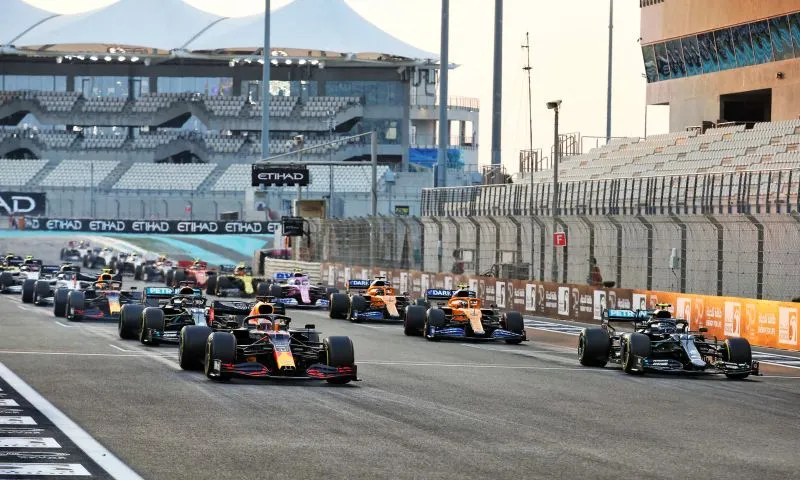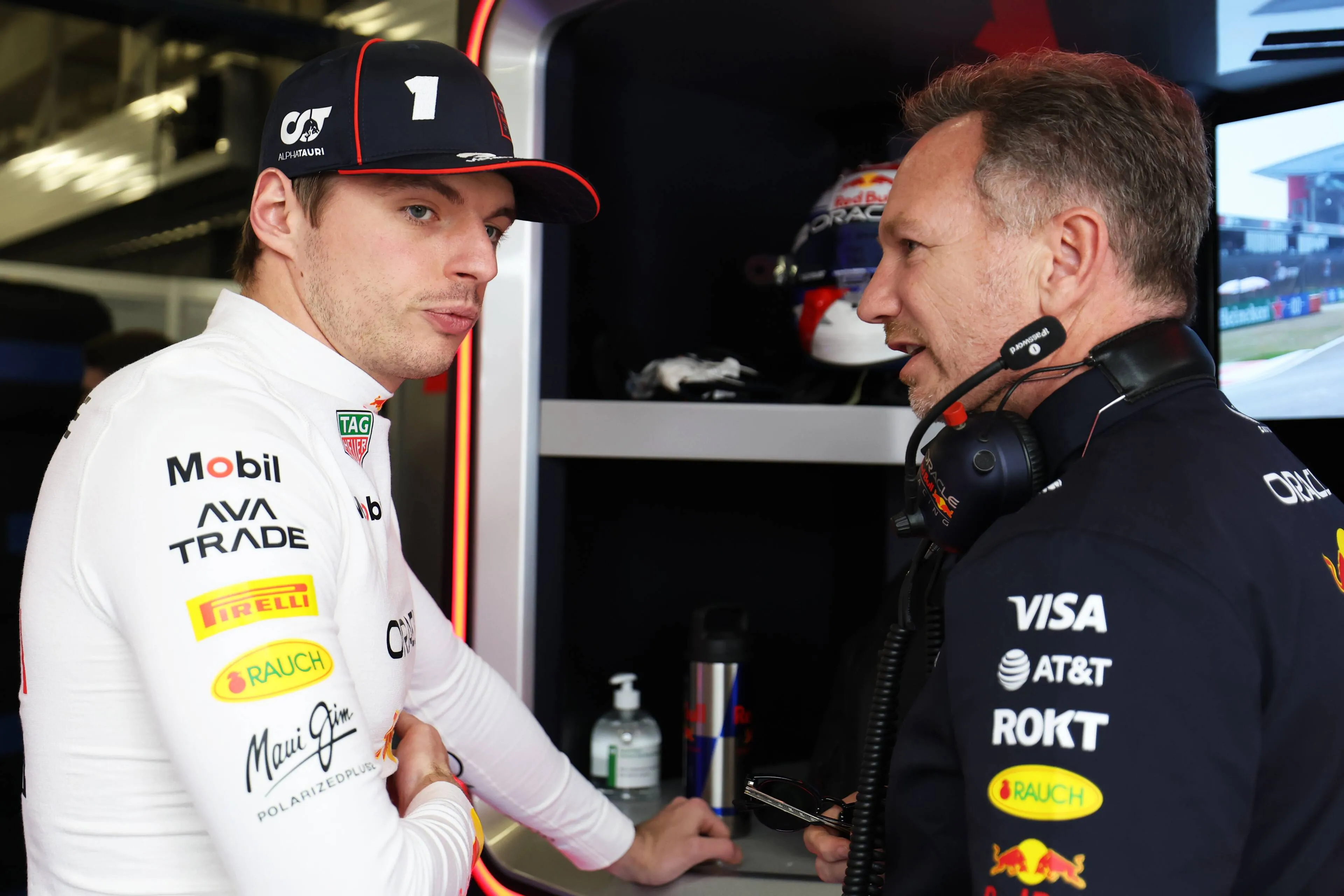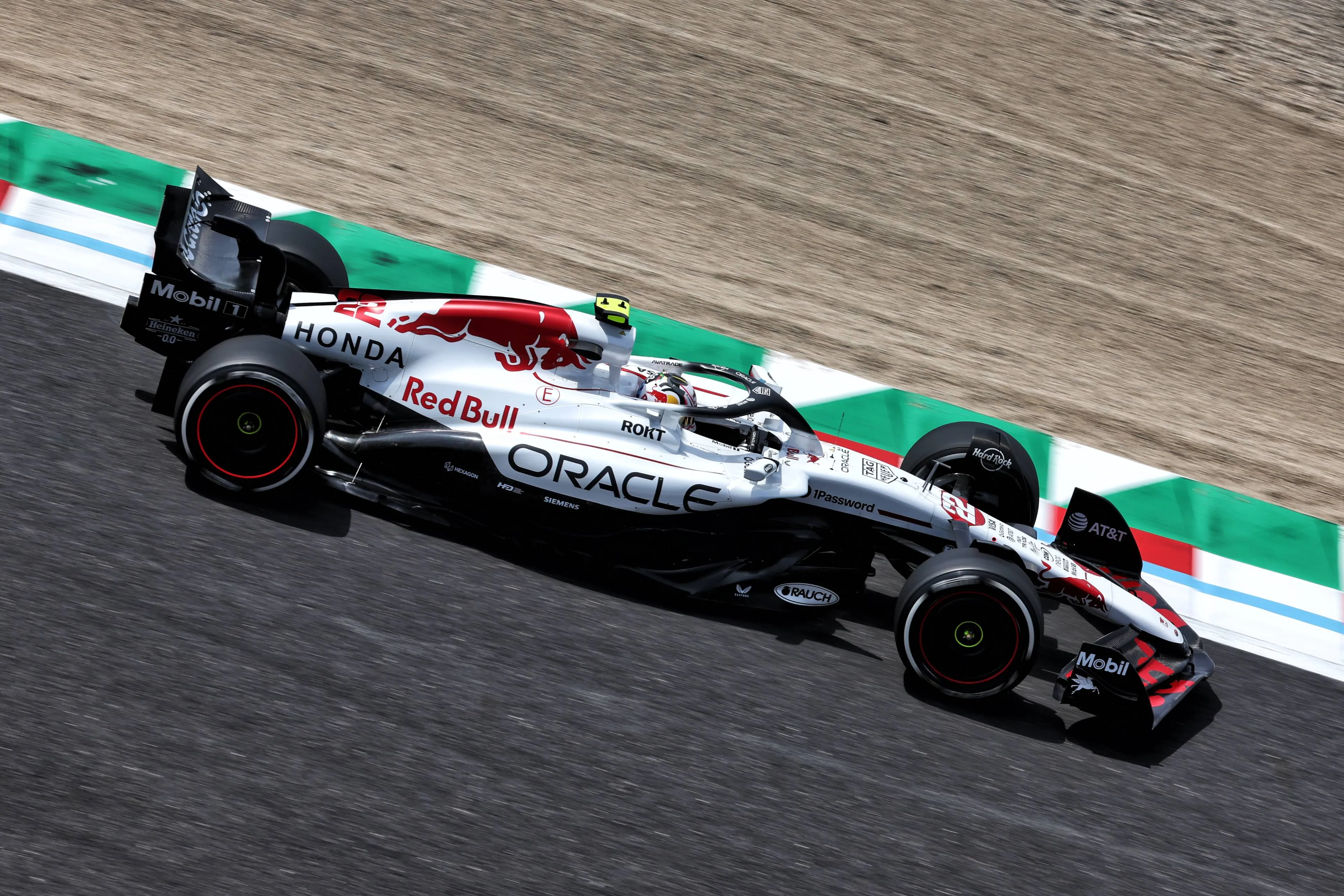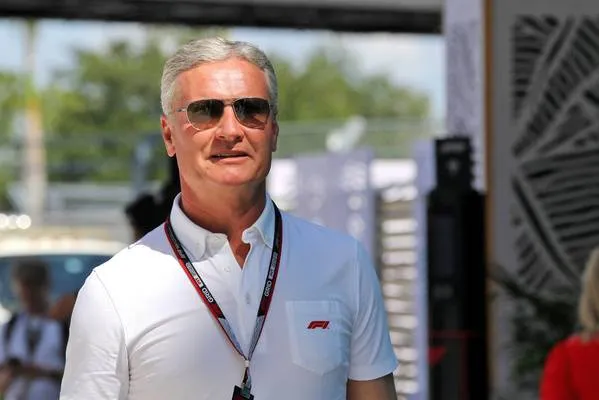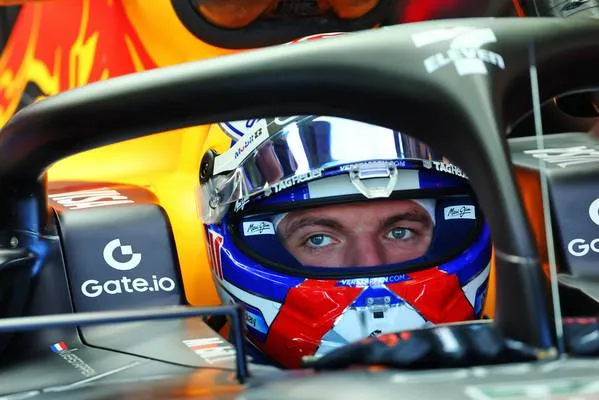With the objective of operating completely climate-neutrally from 2030 onwards, the F1-circus has got itself no small task. The use of alternative, cleaner fuels in Formula 1 cars would be a step in the right direction, but seems easier said than done. It is almost certain that, in the near future of the premier class, neither hydrogen nor electricity will power a Formula One car, says a top Formula One executive.
Yath Gangakumaran, responsible for strategy within Formula 1, explains in a conversation with Formel1.de why electricity and hydrogen are not high on the agenda when it comes to making the sport more sustainable. Gangakumaran argues that a lack of performance in particular makes the two alternatives unsuitable: "Everyone is talking about electric and hydrogen, [...] but they don't have the performance characteristics that we need as the premier class in motorsport, which allow our cars to drive at the speeds we imagine and to get the distance we need."
A hydrogen-powered engine, in particular, would lag behind current Formula One power units. Tests done within the H24 project, which aims to present a hydrogen-powered car at the Le Mans 24 Hours by 2024, show that, in its current state of development, the hydrogen engine achieves a maximum speed of 300 km/h, accelerating to 100 km/h in 3.4 seconds. The Formula 1 engine, with a maximum speed of over 350 km/h, is still well above this.
Uncertainty about the future
There is no concrete plan for the future of Formula 1 engines. Gangakumaran does state that "synthetic fuels or second-generation biofuels" are currently the biggest contenders. What form these will take is still unclear, as research is still in its infancy, and several companies are working on them. Something to keep an eye on in the future, then.
Popular on GPBlog

Kelly Piquet accidentally reveals gender of baby with Max Verstappen

Verstappen praised after feat "Senna, Schumacher and Hamilton couldn't match"

Horner explains why Perez's race engineer was next to Verstappen on the Suzuka podium

